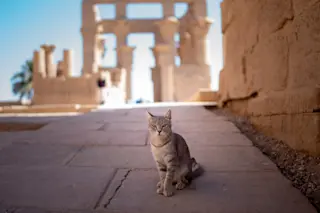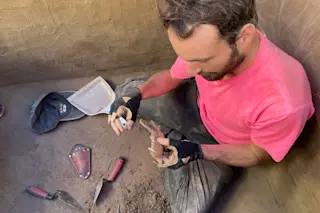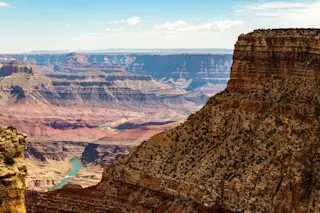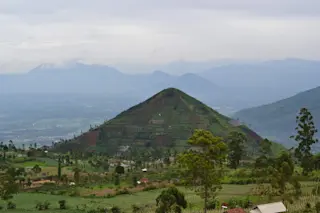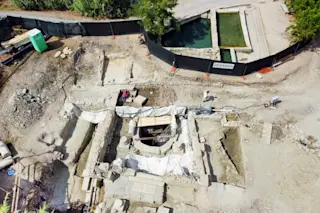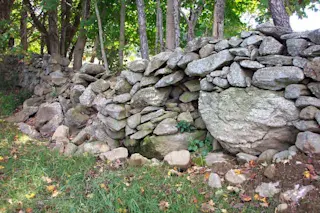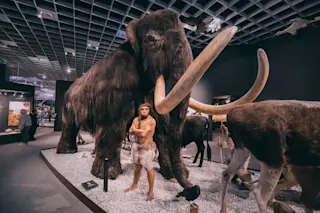In 1991, German hikers found a surprise on an Alpine trail: a dead body. It turned out the man had died some time ago--around 5,000 years earlier. Researchers guessed from his scattered belongings that the iceman had died a lonely death from the cold and an arrow wound in his shoulder. But now, based on the way his belongings were scattered and the timing of his last meal, some archaeologists think the iceman named Ötzi may have had a proper funeral. Though many previous studies have looked at the body itself, ScienceNOWreports that archaeologist Alessandro Vanzetti and his team looked at all of the iceman's gear. They used a modeling technique called spatial point pattern analysis to make a map of how Ötzi's goods--including axe, dagger, quiver, backpack, and unfinished bow--got to their final resting places. Specifically, the analysis determines how Ötzi's surroundings froze and thawed over time. The researchers ...
Study: Was Ötzi the Iceman Buried With Pomp and Circumstance?
Discover how Ötzi the Iceman's burial hints at a ceremonial farewell, revealed through spatial point pattern analysis.
More on Discover
Stay Curious
SubscribeTo The Magazine
Save up to 40% off the cover price when you subscribe to Discover magazine.
Subscribe

